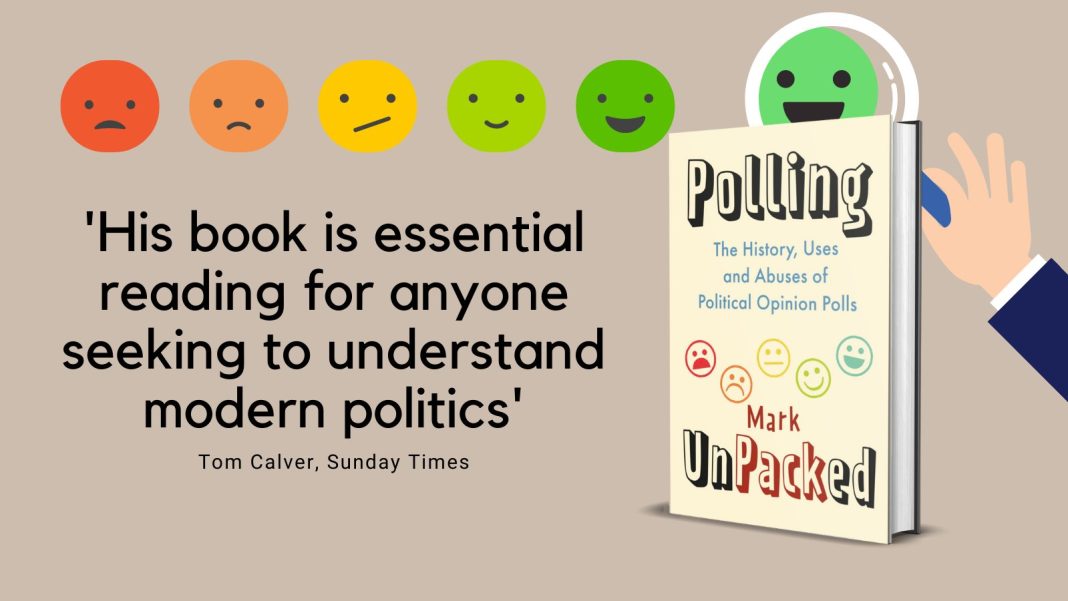 Former reality TV stars, including “Love Island” and “Geordie Shore” contestants, have pleaded not guilty to charges of promoting unauthorised trading schemes on social media. The Financial Conduct Authority (FCA) has charged nine influencers, along with Emmanuel Nwanze and Holly Thompson, for allegedly running an unauthorised financial scheme through an Instagram account called @holly_fxtrends. The FCA claims that Nwanze paid the reality stars to promote the scheme to their combined 4.5 million Instagram followers.
Former reality TV stars, including “Love Island” and “Geordie Shore” contestants, have pleaded not guilty to charges of promoting unauthorised trading schemes on social media. The Financial Conduct Authority (FCA) has charged nine influencers, along with Emmanuel Nwanze and Holly Thompson, for allegedly running an unauthorised financial scheme through an Instagram account called @holly_fxtrends. The FCA claims that Nwanze paid the reality stars to promote the scheme to their combined 4.5 million Instagram followers.
The scheme involved trading in high-risk investment products known as contracts for difference (CFDs), which allow individuals to bet on the price of assets like foreign currencies. However, the FCA has previously warned that 80% of customers lose money when investing in CFDs due to the associated risks. Nwanze and Thompson have been charged with issuing unauthorised financial promotions between 2018 and 2021.
The FCA has charged Nwanze, Thompson, and the influencers with unauthorised communications of financial promotions, which is a criminal offense that carries a potential two-year prison sentence. Nwanze also faces an additional charge of breaching the Financial Services and Markets Act 2000. If convicted, he could face a fine or up to two years in prison.
The reality stars who have been charged, including Biggs Chris, Jamie Clayton, and Rebecca Gormley, maintain their innocence and look forward to clearing their names in court, according to their legal representation. A plea and trial preparation hearing for these individuals will take place on July 11 at Southwark Crown Court.
This case highlights the growing issue of influencers promoting unauthorised financial schemes on social media. In response to such cases, the FCA recently published guidance on financial promotions on social media. The guidance aims to protect consumers from unauthorised content they may come across online. It categorizes influencers into three types: archetypal celebrity influencers, financial influencers (or “finfluencers”), and those who promote financial products in online discussion groups and forums.
While celebrity influencers may not have financial expertise, they can still influence their large follower groups. Finfluencers, on the other hand, have high levels of trust from their followers but may not be authorized by the FCA and may provide misleading advice. The FCA urges finfluencers to educate themselves about financial products before promoting them and to include risk warnings in any promotion of cryptocurrencies.
In conclusion, the charges against the former reality TV stars for promoting unauthorised trading schemes on social media shed light on the need for stricter regulations and guidelines for influencers. The FCA’s guidance on financial promotions on social media aims to protect consumers from unauthorised content and misleading advice. However, it remains crucial for individuals to exercise caution and conduct thorough research before engaging in any investment opportunities promoted by influencers.


